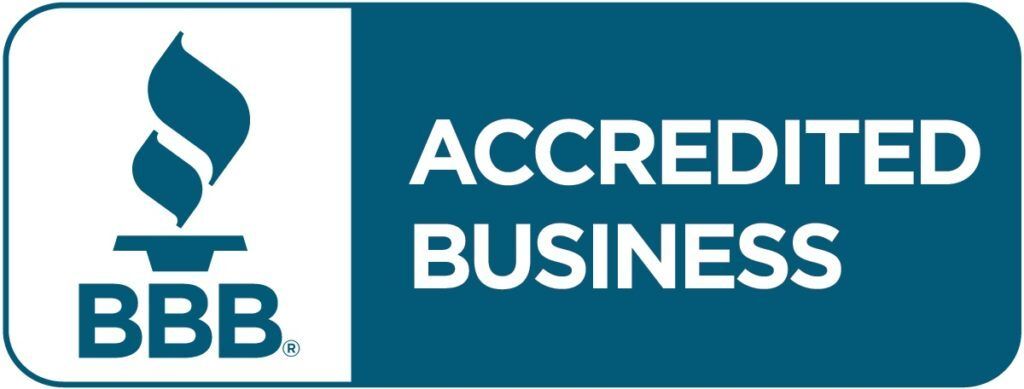What to Know Before Selecting Land for Your Custom Home
Building a custom home begins with a critical decision—choosing the right piece of land. This decision not only impacts the design of your future home but also affects your overall lifestyle, investment, and peace of mind. Whether you dream of mountain views, lakefront living, or a quiet neighborhood, land selection is more than just location—it’s about zoning, soil quality, utilities, and long-term potential. You also need to consider accessibility, neighborhood development plans, and potential resale value. Even the most beautifully designed home won’t reach its full potential if it's built on unsuitable land. Making the right choice today can save you thousands in the future and ensure your dream home truly feels like home. That’s why understanding what to look for before selecting land is so essential.
1. Zoning and Land Use Regulations
Before purchasing land, review local zoning laws to ensure the property can be legally developed for residential use. Some areas are zoned for agriculture, conservation, or commercial use, which may restrict your building plans. Contact the county or city zoning office for maps and clarification. If the land is part of a subdivision or HOA, additional architectural guidelines and restrictions may apply.
2. Topography and Soil Conditions
The slope and soil composition of your lot can significantly impact the construction process. Hilly terrain may offer beautiful views, but it can also increase foundation costs. Similarly, poorly draining or unstable soil may require expensive mitigation. Always conduct a soil test and land survey to determine if the lot is suitable for building, and to avoid unexpected engineering expenses later.
3. Access to Utilities and Infrastructure
A dream home can't function without power, water, sewage, and internet access. Some rural properties may not be connected to municipal services, requiring the installation of a well, septic system, or off-grid power solutions. Check with utility providers to confirm the availability and cost of connecting these services before finalizing your land purchase.
4. Orientation and Sunlight
The positioning of your home in relation to the sun can significantly impact energy efficiency, natural lighting, and overall comfort. Southern exposures are ideal for solar gain in colder climates, while shade and airflow are priorities in warmer regions. Consider how sunlight hits the property throughout the day and plan your home's layout accordingly to maximize comfort and energy savings.
5. Environmental and Legal Considerations
Flood zones, wetlands, endangered species habitats, or historic preservation restrictions can limit or prohibit construction. Obtain an environmental assessment if there's any doubt, and always check the title for easements or liens that could affect your build. These due diligence steps ensure you don’t inherit legal or ecological hurdles that slow your custom home project.
Build with Confidence Through Trusted Expertise
Choosing the right land is the first and most crucial step in building a home that fits your vision and lifestyle. With over 20
years of experience in
custom home construction, Pink Penguin Homes
offers expert guidance every step of the way—from land evaluation to final build. Located in Soddy-Daisy, Tennessee, we combine local insight with seasoned expertise to help you make confident decisions. Let us help you lay the groundwork for a home that stands the test of time.

